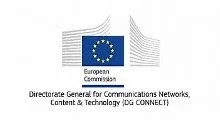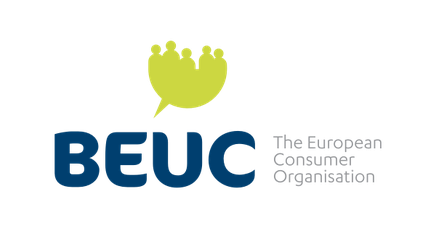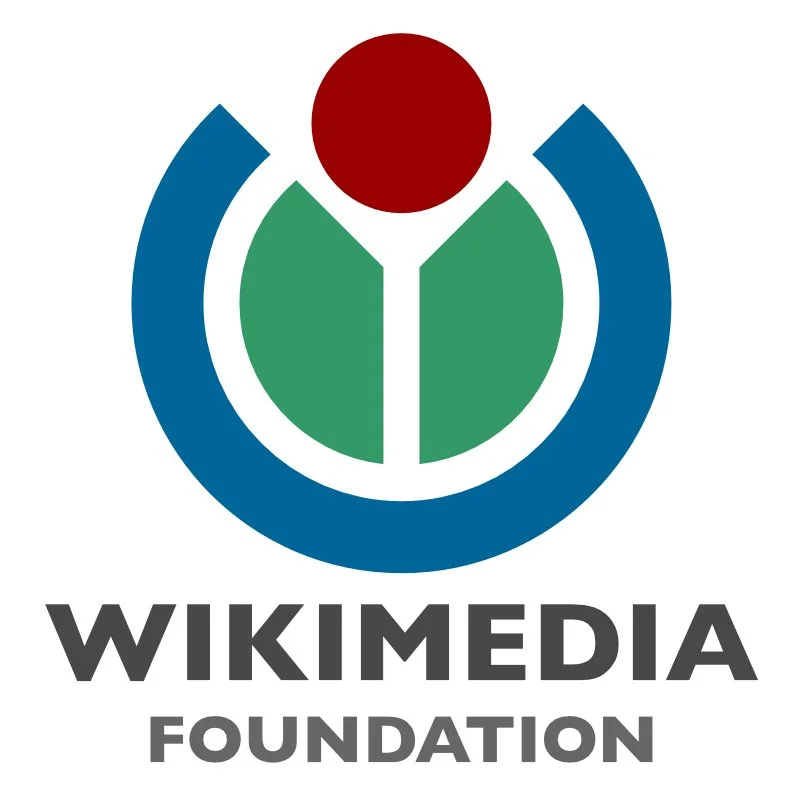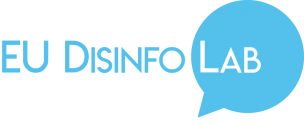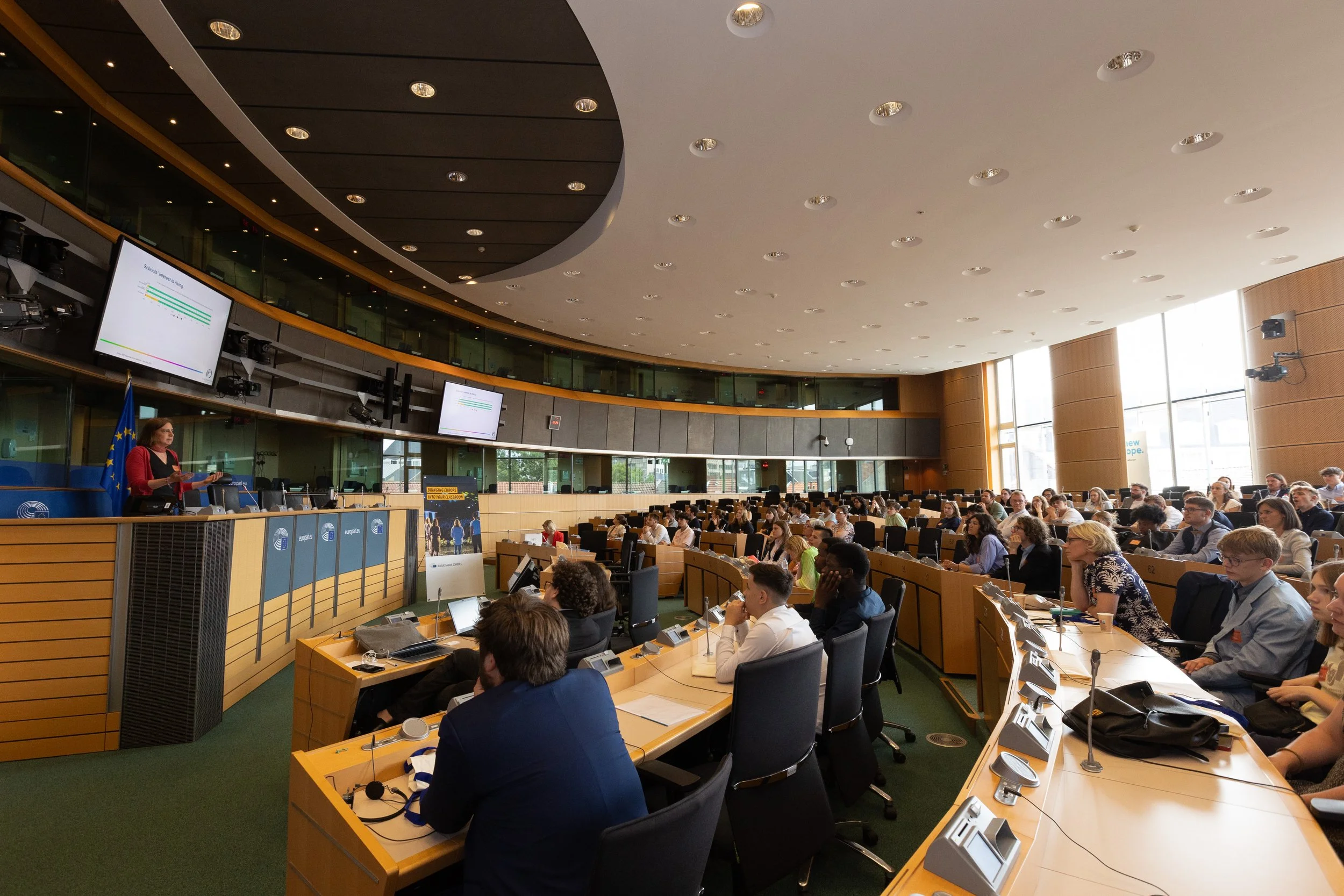
Working with policymakers
Our on-the-ground insights into the information world and digital challenges facing citizens every day have made Lie Detectors a coveted advisor to policy processes that center on media, education and digital rights. Lie Detectors sees key value in engaging at intergovernmental and national level as well as at regional and local level. Some of our most active and committed interlocutors are mayors and local authorities.
Lie Detectors trains selected professional journalists, media experts and newsrooms to impart basic journalistic tools to students aged 10-15 and to teachers with an award-winning training concept.
Journalists trained by Lie Detectors will never to tell students what to think, empowering them instead to harness their natural curiosity and powers of inquiry, to seek out the truth, resist false and polarising content and navigate ambiguity with care.
Want to help? As a participating journalist, we will uptrain you regularly on emerging topics such as how to address conspiracy theories, war, media skepticism and AI safely with children in classroom settings.
Crucially, you will learn how to speak openly and honestly about the hard and complicated craft of ethical journalism in the 21st century, and why it matters. If you love your work in classrooms, we will also consider you for our projects in training teachers.
We have trained more than 500 journalists in Austria, Belgium, Croatia, Germany, Poland and Switzerland, all while collaborating with prestigious newsrooms.
Click here for a list of media experts who have worked with Lie Detectors.
Key policy recommendations
-
Cross-curricular priority
Integrate media literacy training into all school and teacher-training curricula; OECD/PISA should assess critical media literacy as core literacy.
-
Sustainability in education
Ensure measurability of media literacy work to guarantee impact and secure long-term policy focus.
-
Sustainability and credibility through funding
Devise long-term funding to ensure the independence of teacher-training, media literacy teaching and journalism.
-
Smart focus on digital rights
Beware the risks and limitations of content moderation and content removal.
-
Combat the financial drivers of disinformation
Take action against the algorithms of online platforms that create polarisation and the use of behavioural data.
Examples of our local engagement
How we work
Our consistent approach to training and media literacy modules allows us to measure our work and contribute our findings from school children, teachers and journalists in a meaningful way.
We gather anonymised and GDPR-compliant feedback to contribute up-to-date insights into current policy debates on awareness of and resilience to disinformation and the effectiveness of measures taken to counter disinformation, including media literacy training.
Analysis and Evaluation
Cooperation with academia (Bristol, Münster, Munich, Southern Denmark)
Cross-country data on media use of young people
Data on vulnerability
Data on impact
Cooperations, Toolkits and Policy Advice
Data and on-the-ground insights inform policy debate
Insights feed into newsrooms
Exchange between journalists
Toolkits for like-minded organisations
Solutions integrated sustainably into education infrastructure
EU expert advisory groups
Formal advisory roles and recognition
Member of the 2018 High-Level Expert Group on Fake News and Online Disinformation and Media Literacy Expert Group
2025 Expert Group updating Digital Literacy Guidelines; also member of its steering committee
Steering Committee on Structural Indicators of Code of Practice (2022)
Consortium partner, 2024-2026 EDMO BELUX 2.0; Advisory board member, 2022-2025 EDMO BELUX 1.0 Hub (EDMO BELUX); VOICES Festival of Journalism and Media Literacy
2019 EU PROTECTS “Local Hero” designation
Founding member, co-chair of German news-literacy alliance Journalismus macht Schule
Expert Advisory Group - Evaluation of the Guardian Foundation NewsWise programme
Teacher-training: Supportive Partner, eTwinning
Winner, 2018 EU Digital Skills Award (Education)
We work both independently and in consortia to drive our mission, including with the follwing partners





